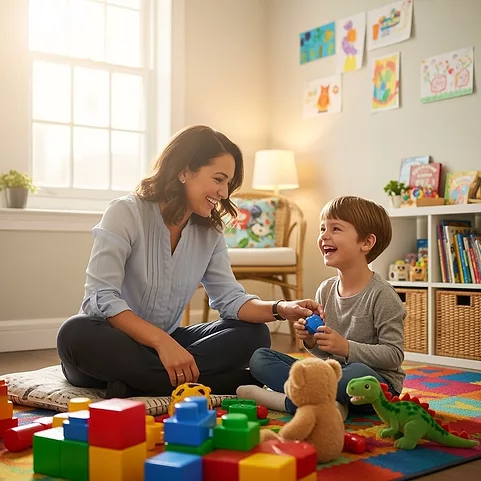Stimulants in Preschool-Age Children
Review of: Chiu HJ et al, Eur Psychiatry 2023;66(1):e24
Study type: Meta-analysis
How young is too young to treat children with medication for ADHD? ADHD medications are FDA approved for children as young as 3. However, for preschool-age children, the first-line strategy is usually behavioral intervention. When therapy is ineffective, we still might hesitate to use stimulants. This report attempts to clarify the role of stimulants in young children with ADHD.
In this meta-analysis, researchers combined data from nine clinical trials, totaling 544 kids under 7 years old (average 5 years; 88% male). The average treatment duration was 4.3 weeks. The authors looked at validated ADHD rating scales given to parents and teachers, improvements on neuropsychologic tests, and adverse events.
Parents reported an effect size of 0.62 and teachers reported 0.65—both medium-to-large effect sizes, like what’s seen in adults. Stimulants were better for hyperactivity and impulsivity (medium effect size of 0.45–0.59) than for inattention (small effect size of 0.30–0.33). On neuropsychologic tests for impulsivity and inattention, stimulants did not perform better than placebo. Treatment was more effective in boys, with older age, and for longer treatment duration.
The only significant adverse effect of stimulants was decreased appetite. Stimulants did not cause more irritability, sleep disturbance, tendency to cry, or anxiety, nor were there changes to heart rate or blood pressure compared with placebo.
This study had several limitations. The quality of evidence from the included studies was rated as low to very low, and there was no clinician assessment of ADHD in these trials. The maximum duration of the study was six weeks, preventing conclusions about long-term side effects and efficacy.
Carlat Take
Despite the optimistic tone of this report, the time frames are very short. The Preschool ADHD Treatment Study demonstrated significant reductions in growth and weight gain in preschoolers with ADHD treated with stimulant medications over a three-year period while showing less than optimal impact on ADHD symptoms, and it remains the best gauge we have. If a preschooler struggles with ADHD despite a good trial of behavioral interventions, we suggest you think carefully before trialing stimulants. If you do try these medications, closely monitor symptoms, vital signs, and growth parameters.


_-The-Breakthrough-Antipsychotic-That-Could-Change-Everything.webp?t=1729528747)



